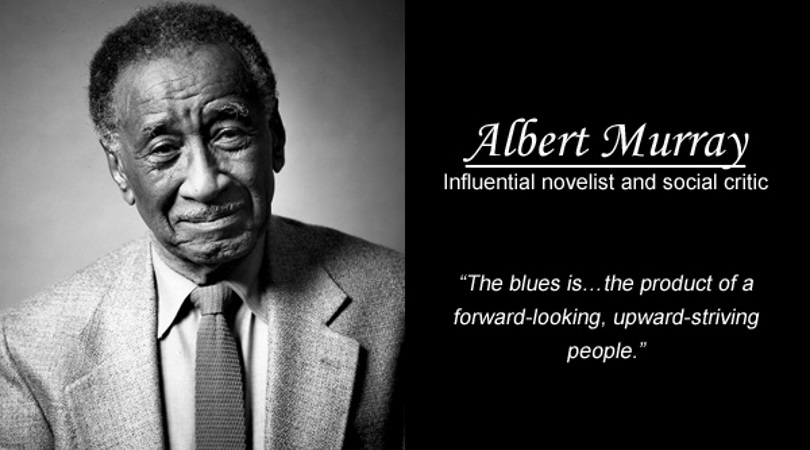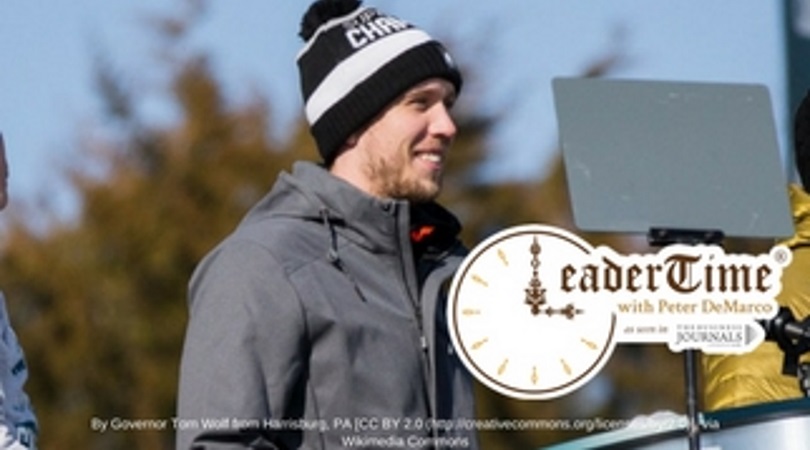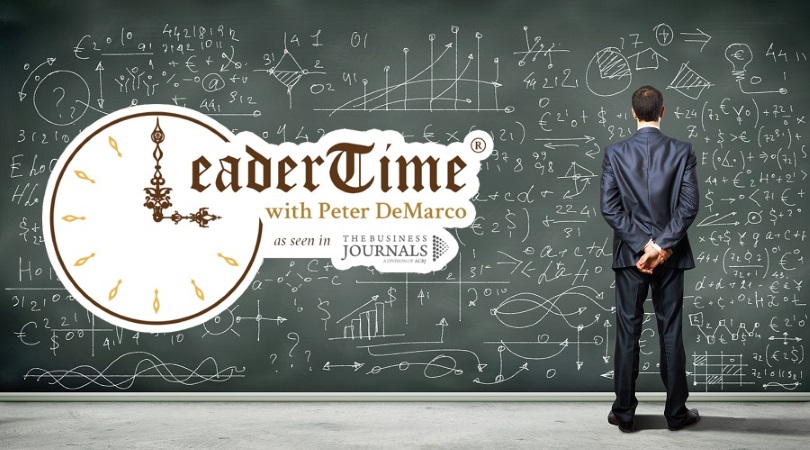The Story of the Perfect Job Candidate
Every four months Priority Thinking, LLC. hires a web design intern and a software developer intern from nearby Rochester Institute of Technology (RIT). For the past few years I’ve looked through hundreds of resumes, performed dozens of interviews, and offered the positions to only a select few. Yet, out of all the people I’ve hired, there is only one Candidate I can say performed a near flawless application process. I hope this story serves as a template for those applying for jobs in the future.
Their resume was polished.
Programming and web design are very detail-oriented lines of work. Therefore, if your resume is poorly formatted, contains spelling mistakes, or is visually unappealing, then I can almost immediately move on to the next one before even looking at your credentials. The Candidate in this story was looking for their first internship position and chose to outline several personal and class projects as well as prior experience as a grocery store cashier. Their resume was detailed, clean, and provided a lot of talking points for the upcoming interviews.
They applied online…
RIT uses a job management platform which makes it easy to post jobs and collect resumes. Our company also has a careers page where applicants can upload their resume. However, the sheer volume of resumes I collect for each position means I only spend a few seconds (yes, seconds) looking at each one before I decide whether I want to perform a preliminary phone interview.
…and then reached out to me directly with a cover letter.
I tend to prioritize applications as follows:
- Current / Former Employee Referrals
- Contacted me Directly
- Online Application with Cover Letter
- Online Application without Cover Letter
My contact information is not hard to find, so moving up the prioritization list only takes a bit more effort which will significantly increase your chances of being considered for the position.
In this case, the Candidate improved their application’s priority by contacting me directly in an email which;
- addressed me by name,
- mentioned the position they were applying for and why they would be a good fit,
- had their resume attached as a PDF,
- and provided contact information for future reference.
They performed well in the interview.
For our internships, we do a series of three interviews; preliminary phone screening, technical interview, and an interview with our CEO, Peter DeMarco. The technical interview is most important because we have the applicant come to our office and work through several practice problems to gauge whether they will be an asset to our team from day one.
The Candidate stood out among his competitors because they;
- showed up very well dressed and groomed,
- accepted the bottle of water,
- brought a copy of their resume and a pad of paper for notes,
- admitted to things they didn’t know (and followed up with how to would learn them),
- gave detailed and thoughtful answers throughout the interview,
- and asked great questions at the end.
In my opinion, the questions an interviewee asks at the end of the interview are more of a deciding factor than the answers to the interview questions themselves. The Candidate asked good questions which showed they had done their research into the company and concluded with my favorite question of all: “what can I do to prepare myself before the start of the internship?” Applicants who are most successful in the interviews are ones that turn the interview into a conversation.
They sent me a thank you note.
Nothing warms the soul of a recruiter like a sincere “thank you for your time.” The Candidate went above and beyond by sending a thank you email after each of the three interviews. Nothing fancy. Nothing wordy. Just polite. This kept their name in my inbox and at the top of my list of potential hires.
They negotiated.
We sent The Candidate an offer letter and it was at this point that they truly surprised me with their professionalism. Instead of an email, The Candidate called me at the office to negotiate their offer of employment. Their reasoning behind the points of contention were sound and they were open to compromise. In the end, a 20-minute phone call got them a raise before they even started.
Remember, once you’ve received an offer letter, the application process still isn’t over. Applicants must know what their skills are worth. Look at job postings for similar positions, or just ask your friends who are in the job hunt as well.
They kept in touch.
After the offer letter was signed and the start date was a few weeks away, The Candidate connected with us on LinkedIn and followed up with me to ask if there were any learning materials I suggest they read before starting the internship. They seemed eager to start which made me excited to work with them and confirmed my belief that I had chosen the correct candidate for employment.
This candidate has set a high bar for those who come after, but I have come to expect nothing less. I firmly believe that following these guidelines will increase your chances of getting the offer you’re after wherever you apply.
Updated: 3/5/2019
Originally Uploaded July 11, 2017 on: LinkedIn



